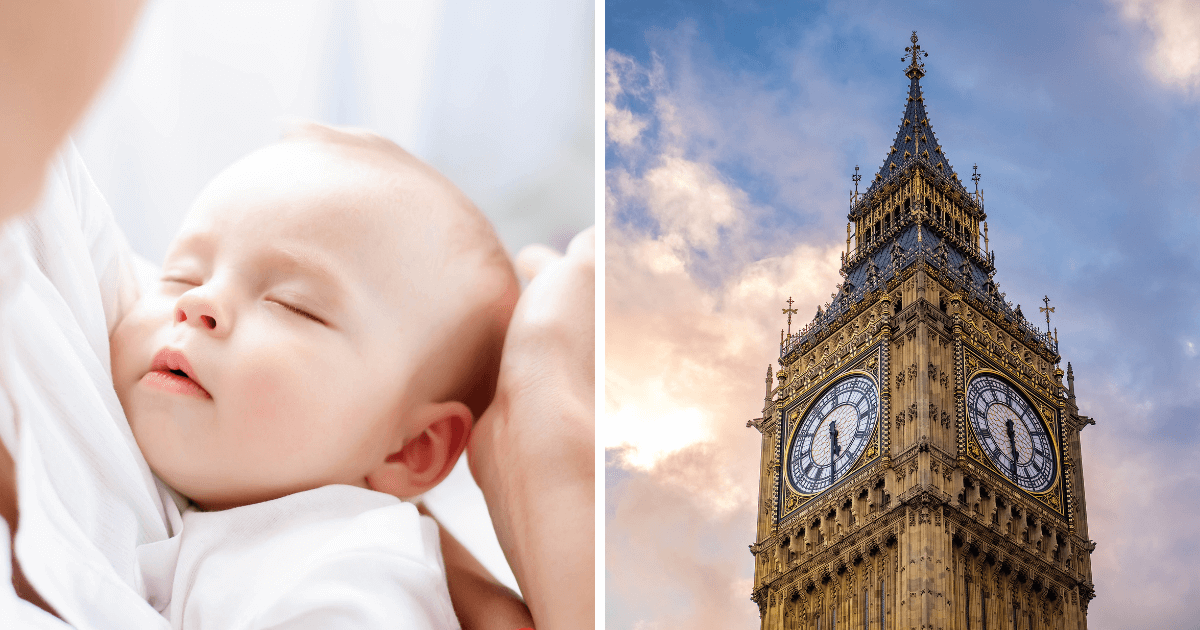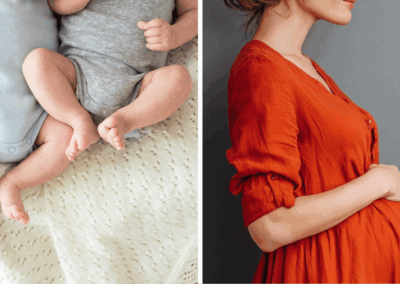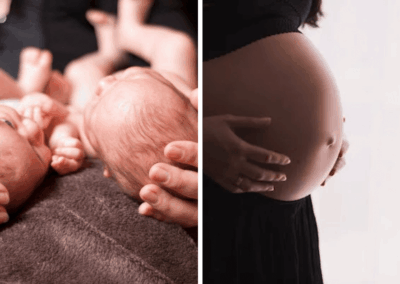A bill to remove the two-child benefit cap has been drawn third in the House of Lords ballot.
The Private Members’ Bill ballot in the House of Lords was drawn earlier today with the Universal Credit (Removal of Two Child Limit) Bill coming third. Being so high up the ballot means that this Bill has a good chance of being given enough time to progress through the Lords and be debated in the Commons.
The full text of the Bill has not yet been released but it appears that the intention of the Bill is to remove the two-child benefit cap, which limits certain state benefits to a woman’s first two children.
In 2020, a survey found that 59% of respondents said that they were aware of the two-child limit prior to having an abortion. Of those in receipt of tax credits or universal credit, and therefore most likely to be affected by the two-child benefit cap, 57% “said that the policy was important in their decision-making around whether or not to continue the pregnancy”.
“If there was no two-child limit I would have kept the baby”
In the survey conducted by the abortion provider, the British Pregnancy Advisory Service, one respondent said: “[The two-child limit] was a big factor for me. My husband has lost his job so we are on a very tight budget and when we looked at our finances we realised we couldn’t afford to have another baby”.
While another woman said: “If there was no two-child limit I would have kept the baby, but I couldn’t afford to feed and clothe it … I’ve really struggled to come to terms with [my decision]”.
In 2020 the Guardian reported that from 2016 to 2019, the number of women with two or more children having an abortion has risen by 16.4%, while for women with no existing children or one existing child, the numbers increased by 10.3% and 7% respectively. The two-child policy was introduced in 2017.
The two-child benefit cap was introduced in order to cut the state welfare bill. In real terms, the loss of benefits is worth £2,900 per child per year. 243,000 families had been impacted by the two-child limit by April 2020, according to government data.
Right To Life UK spokesperson, Catherine Robinson, said: “The extent to which our society discourages women from continuing with their pregnancies is saddening. The survey that showed that the two-child benefit cap is influencing women’s abortion decision is now over a year old and, for many people, financial pressure has become worse over that time, not better”.
“While the abortion provider BPAS apparently laments that it appears that the two-child benefit cap is putting pressure on women to have abortions, they and the UK’s other largest abortion provider, MSI Reproductive Choices, unlike pro-life support services available around the country, provide no direct practical or financial support at their clinics to help women facing financial difficulties to continue their pregnancies. Instead, both have worked to increase their market share of abortions since the two-child benefit cap was introduced”.
“This increase in abortions also comes as MSI Reproductive Choices has been accused by the Care Quality Commission of paying staff bonuses for persuading women to undergo abortions. CQC inspectors have also found evidence of a policy that saw staff utilise high-pressure sales tactics, which appeared to be used to drive abortion numbers up. This involved calling women who had decided against having an abortion to offer them another appointment. This policy was in place at all 70 MSI Reproductive Choices [previously called Marie Stopes] clinics across the UK”.
“Unsurprisingly there have been no surveys undertaken by either of the two big abortion providers to investigate whether these high-pressure sales tactics are influencing women’s abortion decisions”.
“Vulnerable women should not be seen as a revenue opportunity but sadly we know this is not the reality as abortion itself is a multi-million-pound industry. Private abortion clinics have a vested monetary interest in increasing the numbers of abortions they perform every year”.
“To make matters worse for women facing unplanned pregnancies, the abortion providers are also now working together to ban support for pregnant women that is offered by pro-life vigils outside abortion clinics throughout the country. By attempting to restrict the locations where women facing unplanned pregnancies can receive compassionate emotional and practical support, the ‘pro-choice’ lobby are removing real choice for women and revealing they’re really just pro-abortion”.












